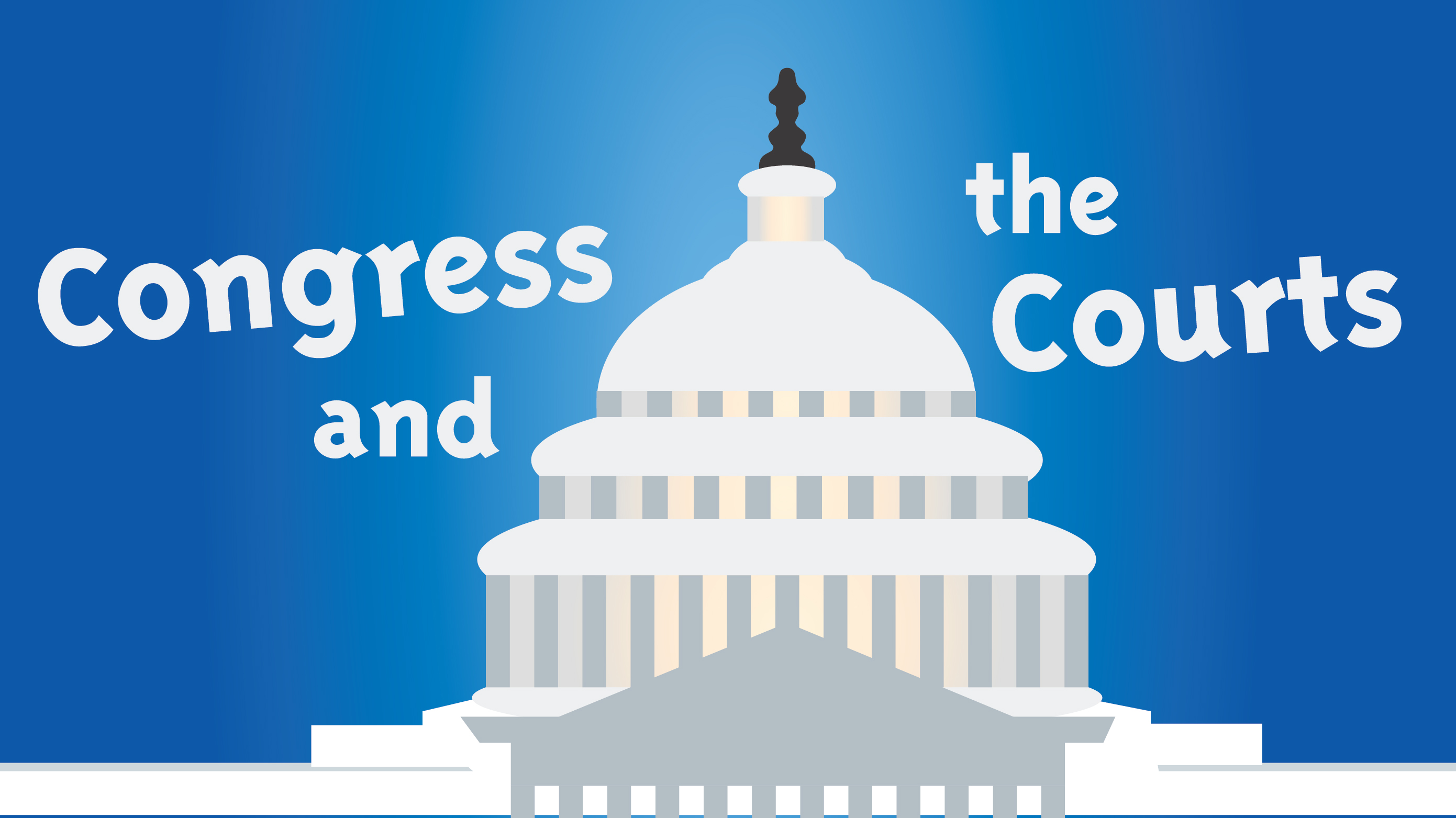
Gorsuch swings with liberal justices
By: Connor McNairn, Columnist
In an era of increased partisanship and governmental gridlock, it is unlikely for liberals and conservatives to achieve consensus on political issues, especially those as emotionally-charged as immigration. But in the Supreme Court, where justices are arbiters of law and committed to constitutional interpretations, bipartisan decisions are far more common than in the legislature or executive.
Last week, Neil Gorsuch, the Court’s most junior justice, earned national attention after making a “progressive” move in an immigration case. Gorsuch’s opinion raised questions concerning his ideological leanings and future jurisprudence.
On Tuesday, Gorsuch stunningly joined the Court’s four liberal justices (Ruth Bader Ginsburg, Stephen Breyer, Sonia Sotomayor, and Elena Kagan) in a decision that delegitimized the government’s hardline approach to immigration and deportation. In the case, Sessions v. Dimaya, the Court examined the constitutionality of a provision within the Immigration and Nationality Act (INA).
Per INA guidelines, any non-citizen who commits a “crime of violence” is subject to deportation. After James Dimaya – a native of the Philippines and lawful permanent resident of the United States for 25 years – was convicted of burglary in 2007 and 2009, the Department of Homeland Security (DHS) moved to deport him for violating INA standards. Subsequently, an immigration judge upheld Dimaya’s deportation, deeming that burglary was a violent crime; the Board of Immigration Appeals (BIA) affirmed the deportation judge’s decision.
After Dimaya appealed his case to the Ninth Circuit Court of Appeals in 2015, the Supreme Court issued a major decision in Johnson v. United States, another case concerning the definition of “violent” crime and felonies. In the Johnson decision, the Court ruled that the phrase “violent felonies” within the Armed Career Criminal Act (ACCA) was unconstitutionally vague. As a result, the Ninth Circuit applied the same judgment of unconstitutional vagueness to Dimaya’s conviction under the INA’s “crime of violence” standard. Attorney General Jeff Sessions, representing of the U.S. government, appealed the Ninth Circuit’s decision to the United States Supreme Court.
In the Dimaya case, the government argued that the vagueness standard used in the Court’s Johnson decision, which was predicated on an interpretation of criminal law, should not be applied to Dimaya’s potential deportation, which was based on a civil statute.
Ultimately, in a 5-4 decision, the Court ruled in favor of Dimaya and determined that the INA’s text is vaguely unconstitutional under the Due Process Clause of the Fifth Amendment. In the Court’s opinion, Justice Kagan established that vagueness must be considered in deportation cases because deportation has lifelong consequences and implications. Because Gorsuch concurred with the four liberal justices in the decision, many have speculated that Gorsuch might, in fact, be more liberal than expected.
This speculation, however, while exciting and provocative, fails to consider Gorsuch’s methodology.
Gorsuch did not join the Court’s opinion; rather, he filed his own concurrence. In essence, Gorsuch, in addition to Ginsberg, Breyer, Sotomayor, and Kagan, ruled that Dimaya should not be deported under current INA guidelines. That said, their reasoning for this determination differed.
In his concurrence, Gorsuch noted that the broad authority of government must be scrutinized for vagueness. Additionally, Gorsuch deemed “that the criminal standard should be set above our precedent’s current threshold.”
When looking to future Court decisions, it is imperative that citizens consider the motivations of Gorsuch’s Dimaya concurrence. While Gorsuch did rule in favor of Dimaya, his reasoning was motivated by no sympathy for immigrants. Instead, Gorsuch advocated for stricter oversight of administrative initiatives and determined that vague language was inappropriate in both civil and criminal laws. Based on this reality, it is therefore too early to determine Gorsuch’s jurisprudence.
In other words, while Gorsuch’s decision in Dimaya counters the Trump administration’s aggressive approach to immigrants, the Court’s newest justice is no liberal, and it is unlikely that this decision marks any significant shift in his conservative jurisprudence and ideological leanings.

